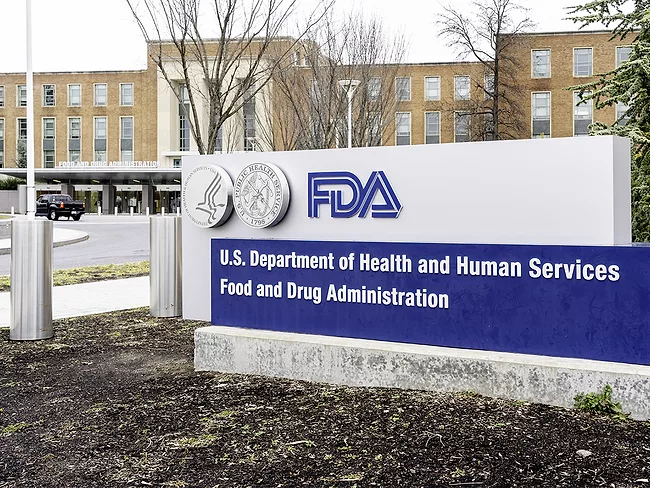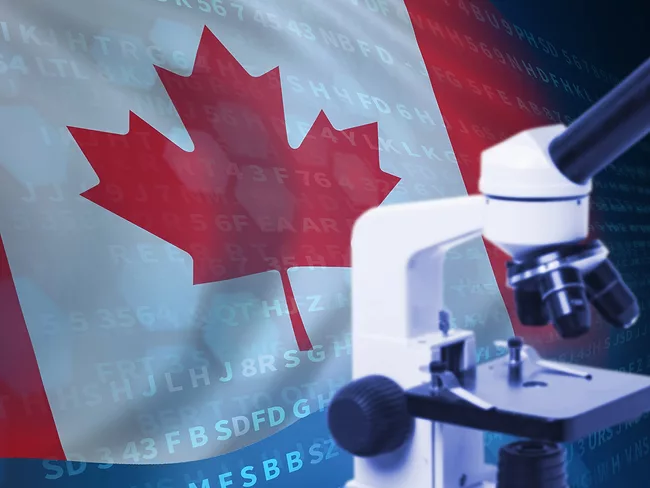
Regulatory
2023 Med Tech Conference
EU’s notified body dilemma easing, but competent authorities continue to muddle the picture
Read More2023 Med Tech Conference
PCCP concept at risk of being subsumed in debate over artificial intelligence
Read More2023 Med Tech Conference




